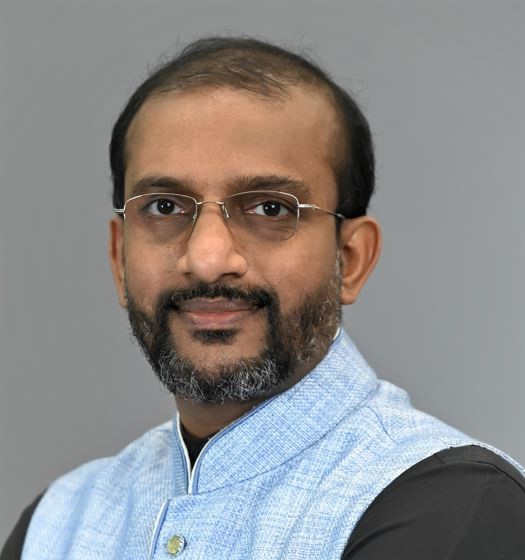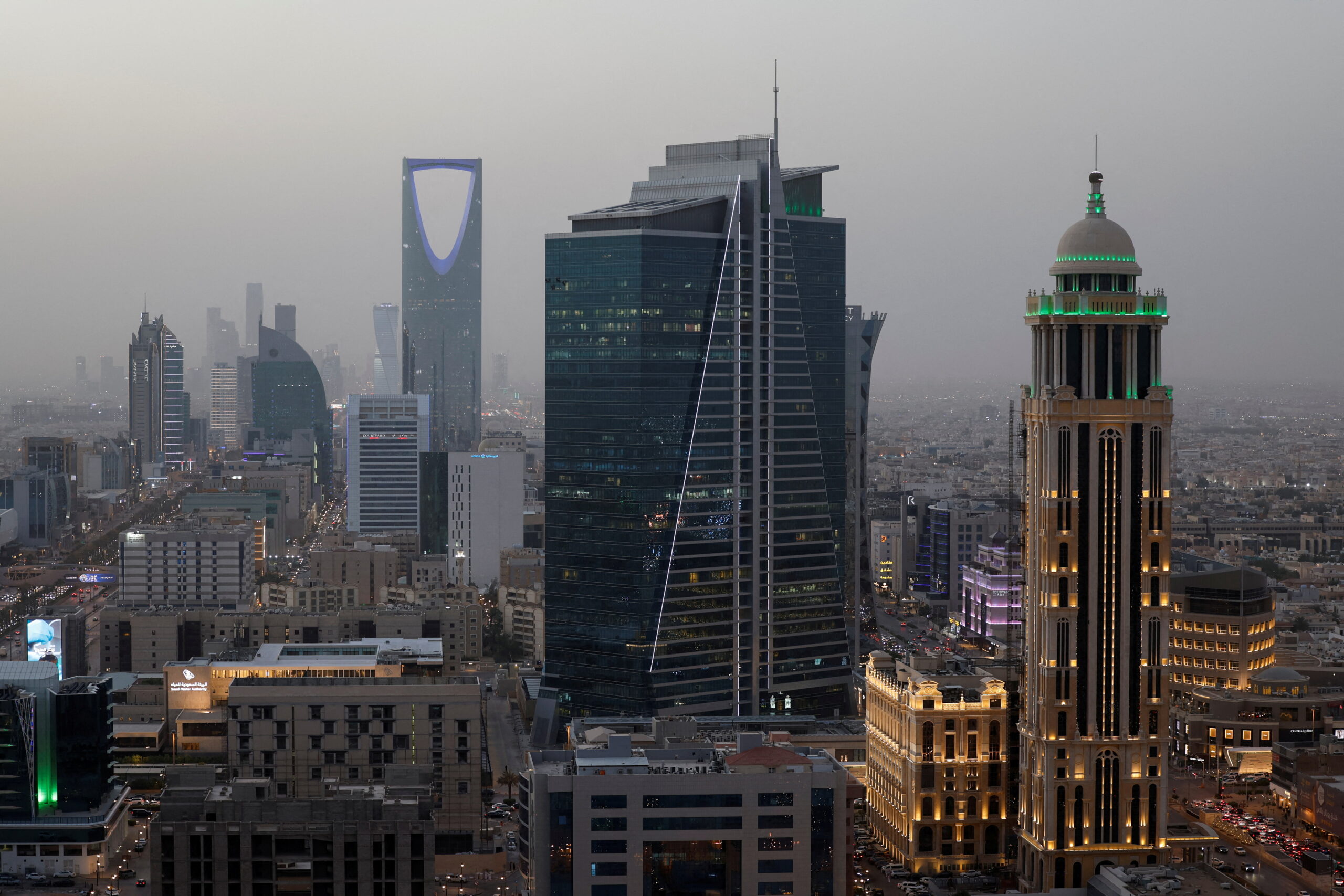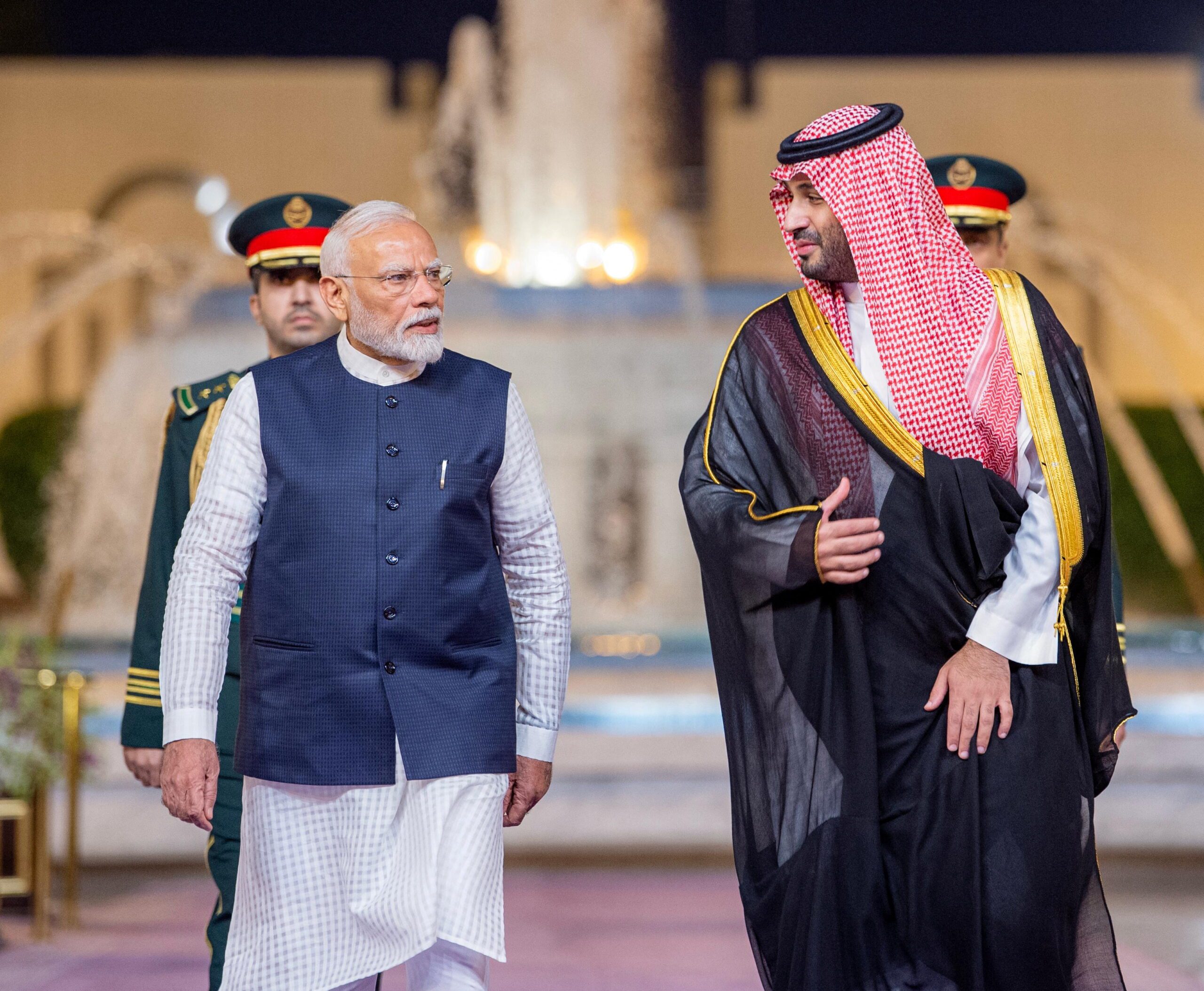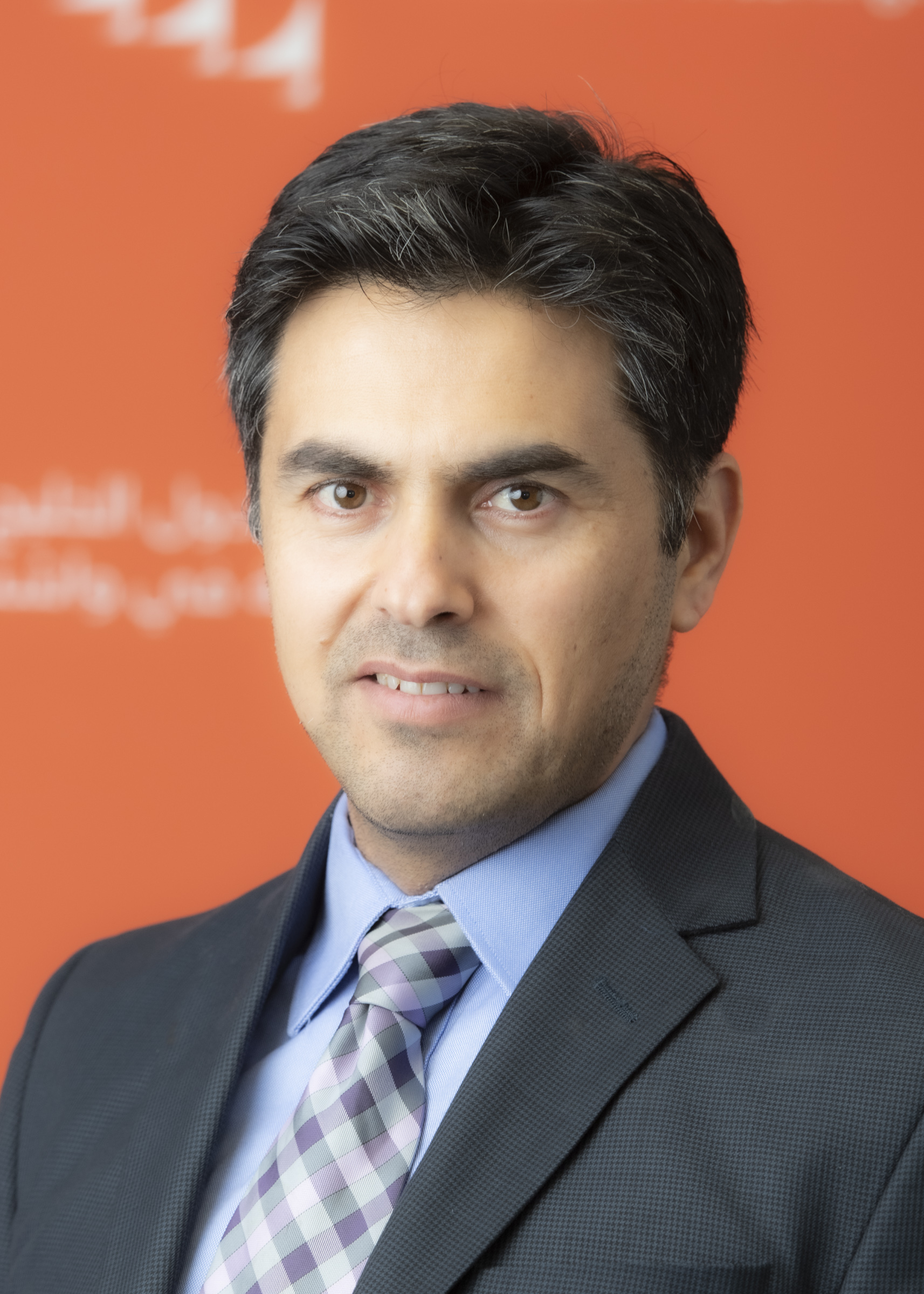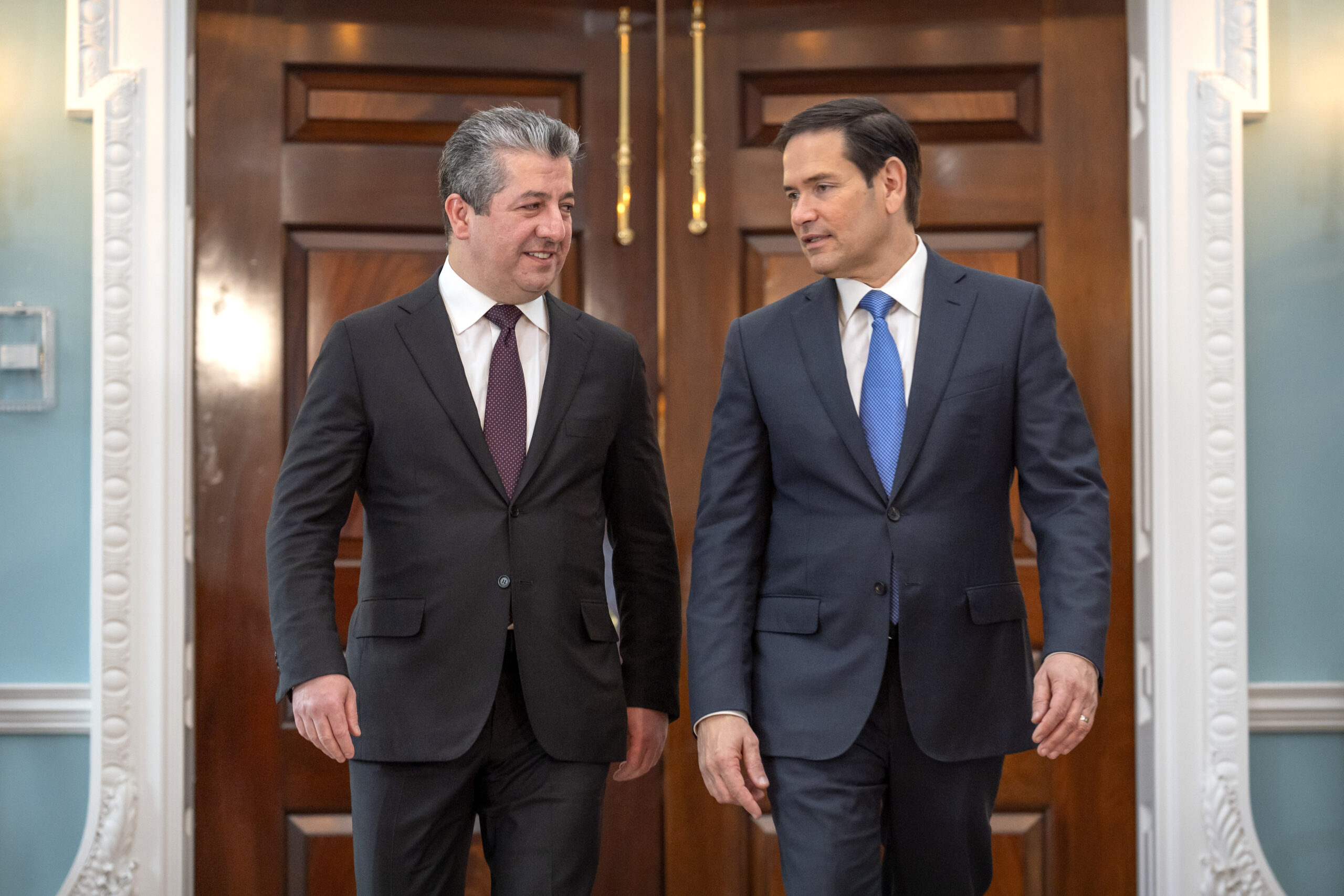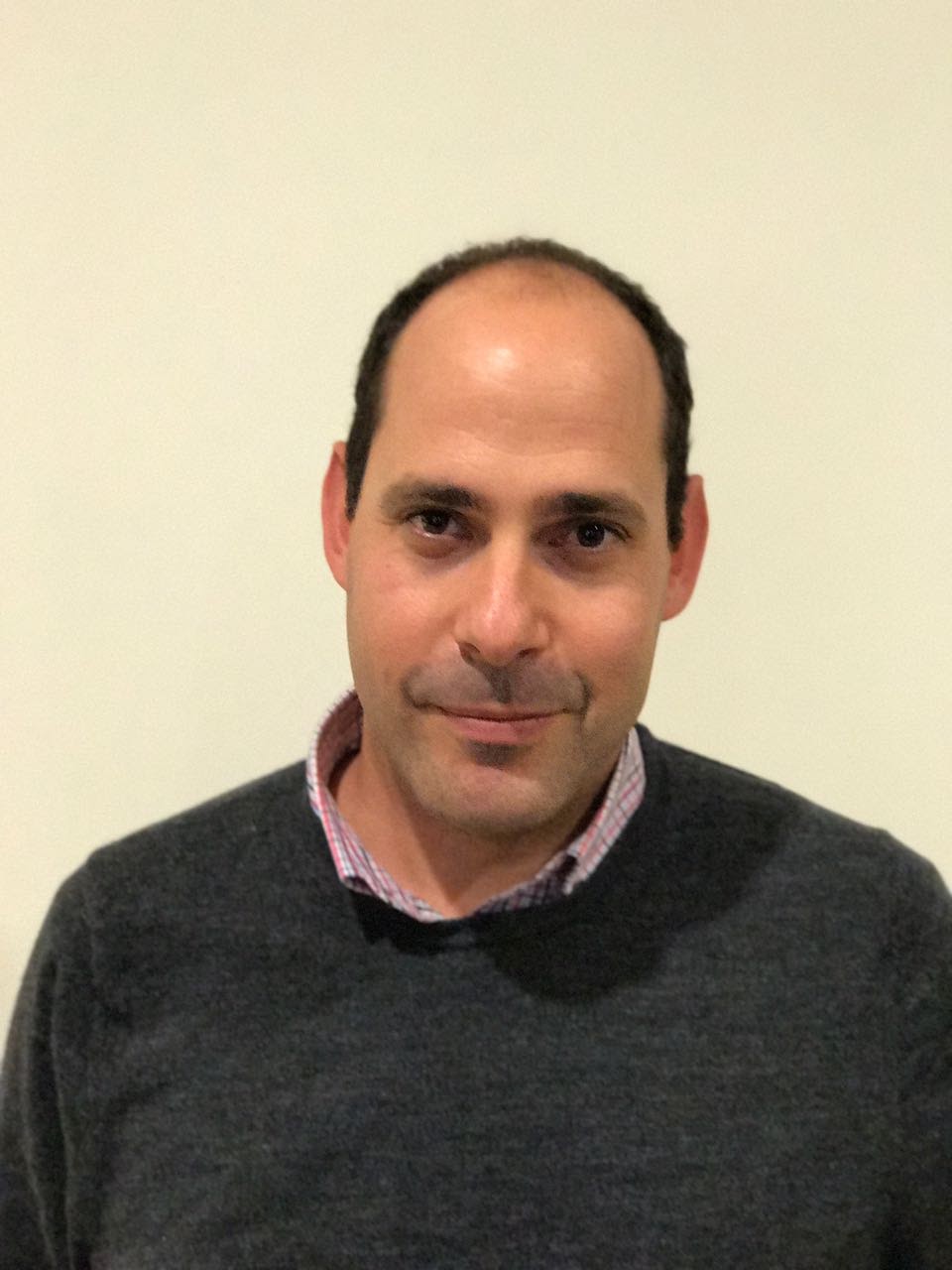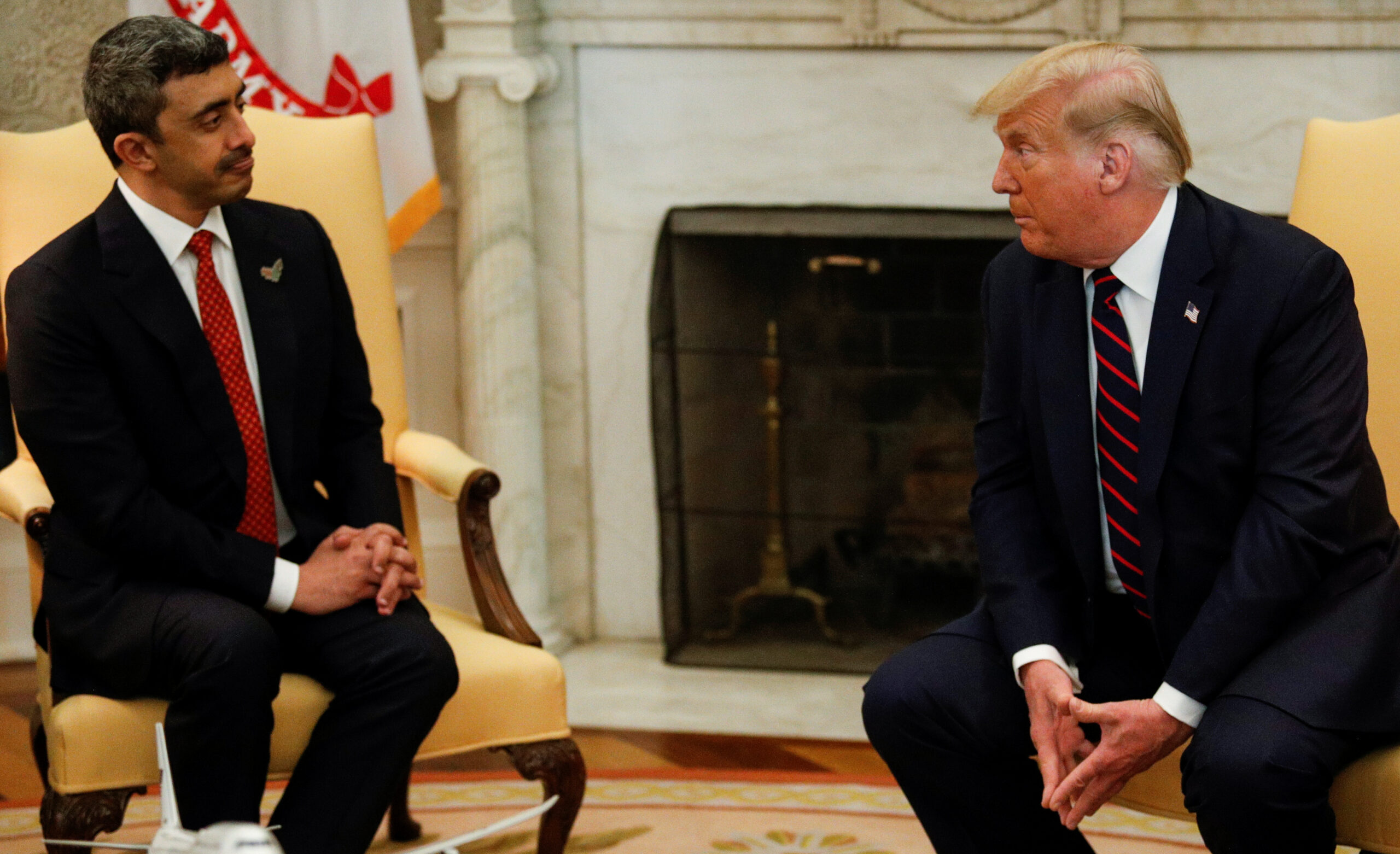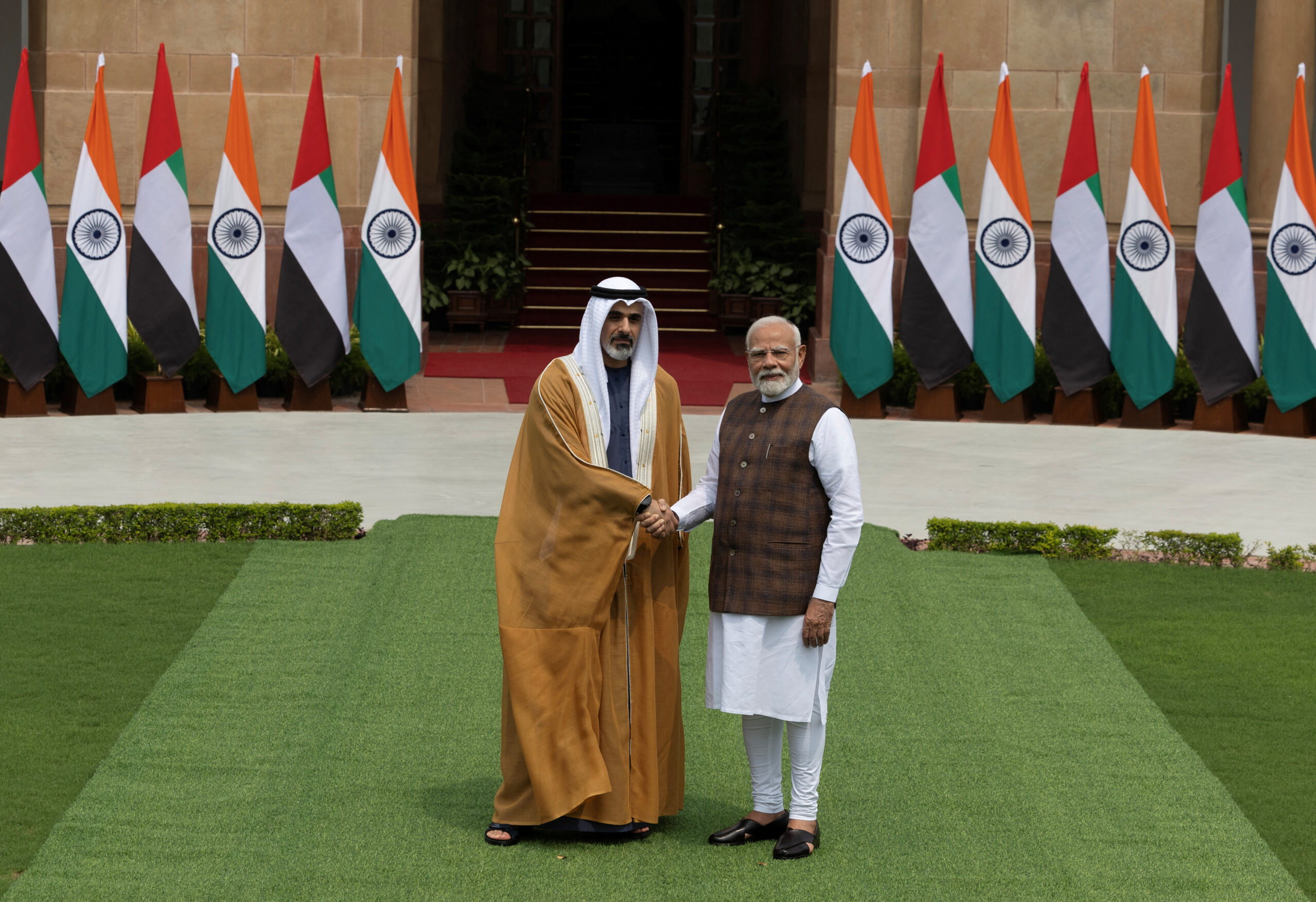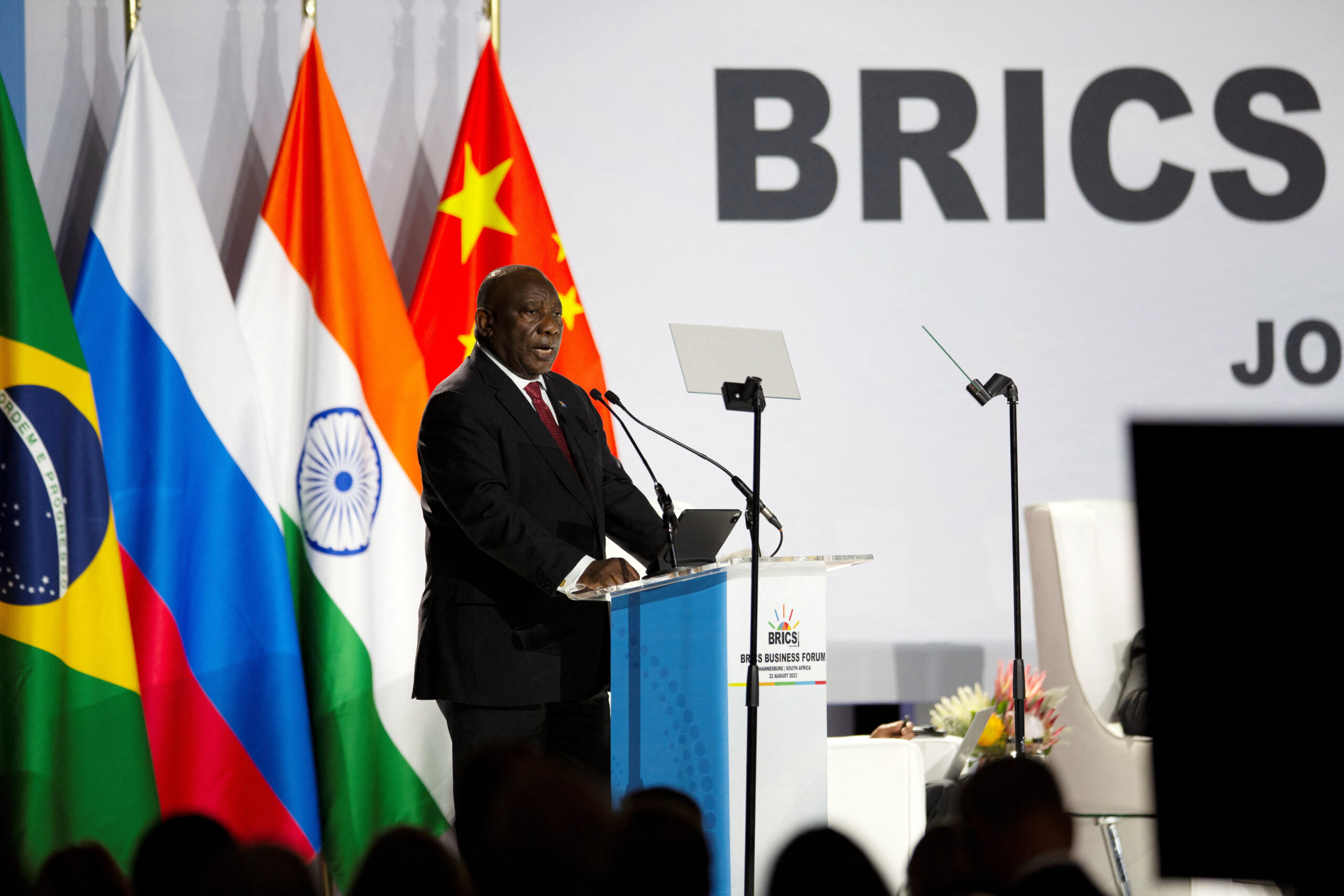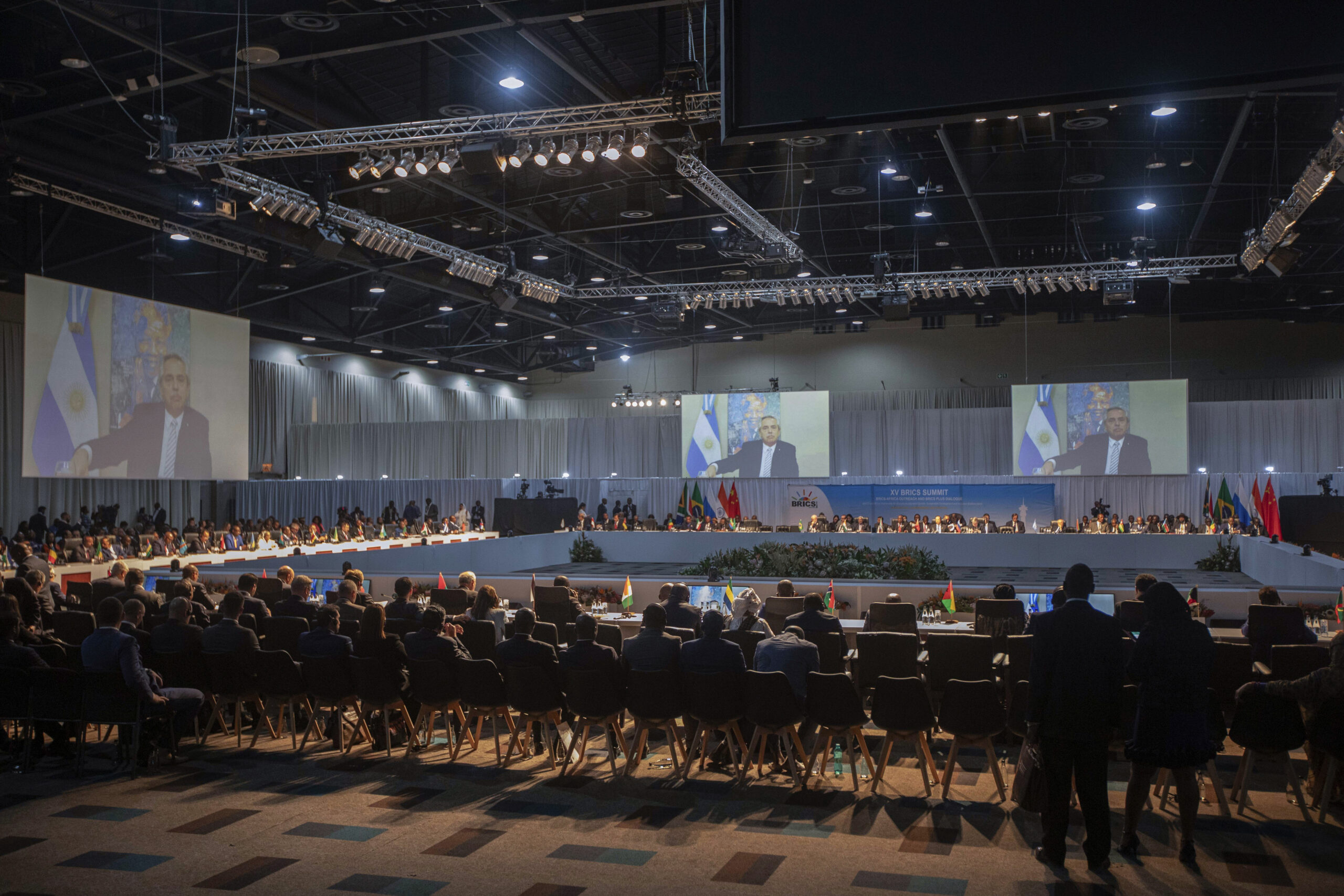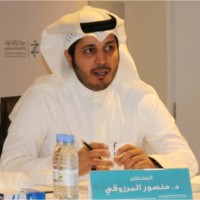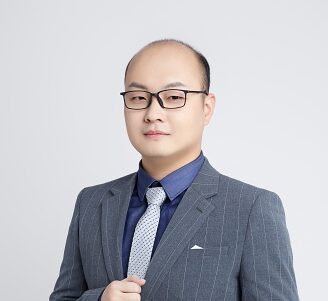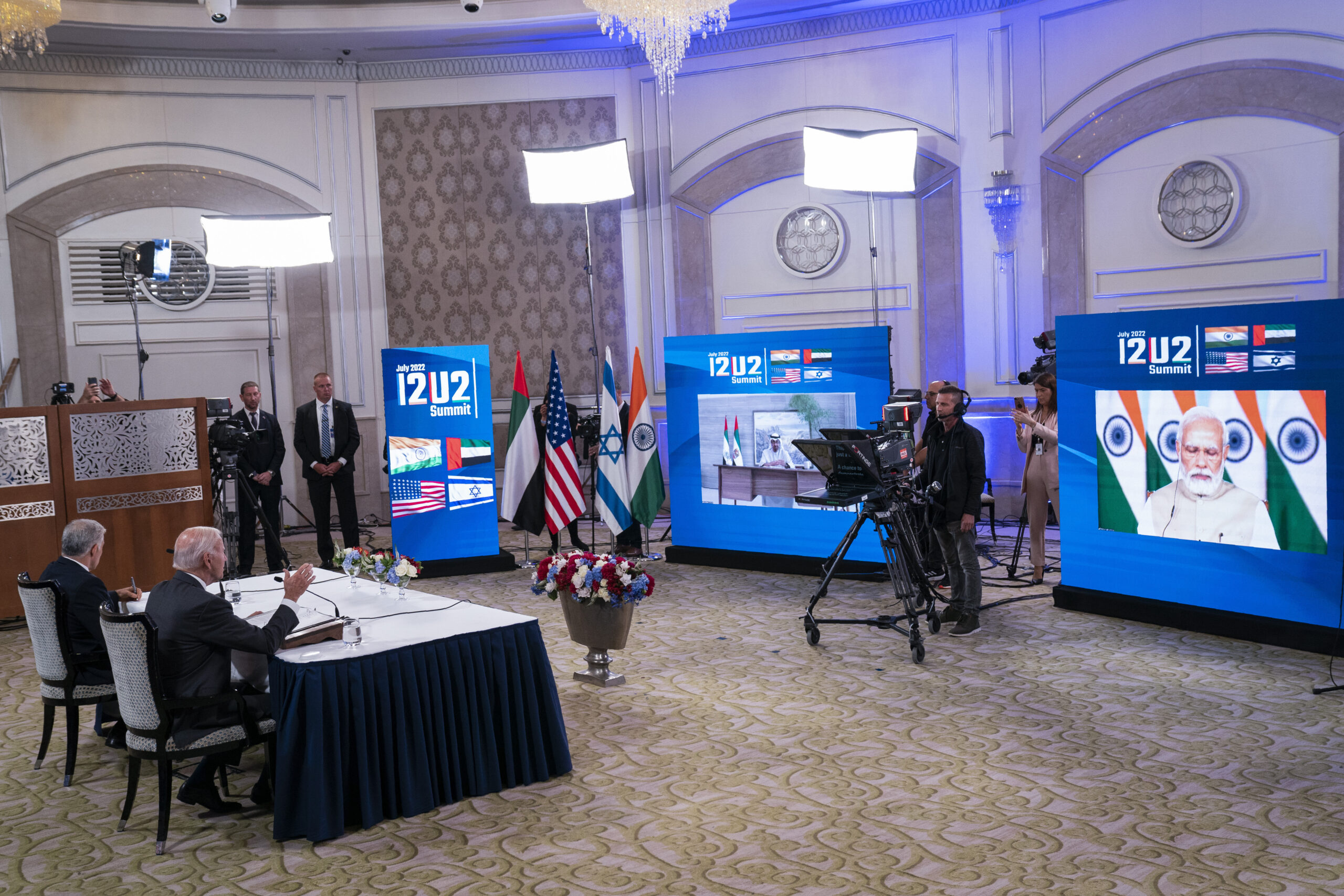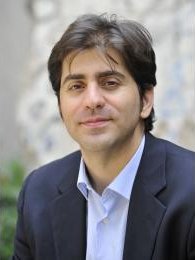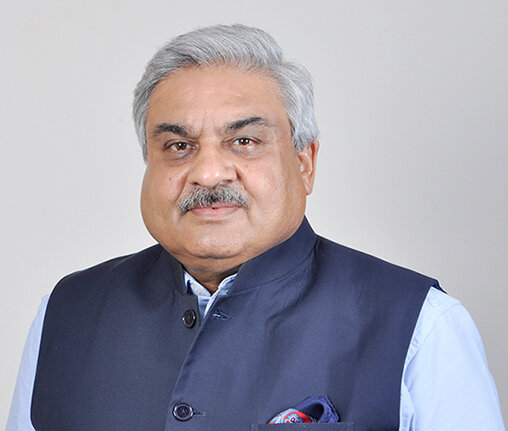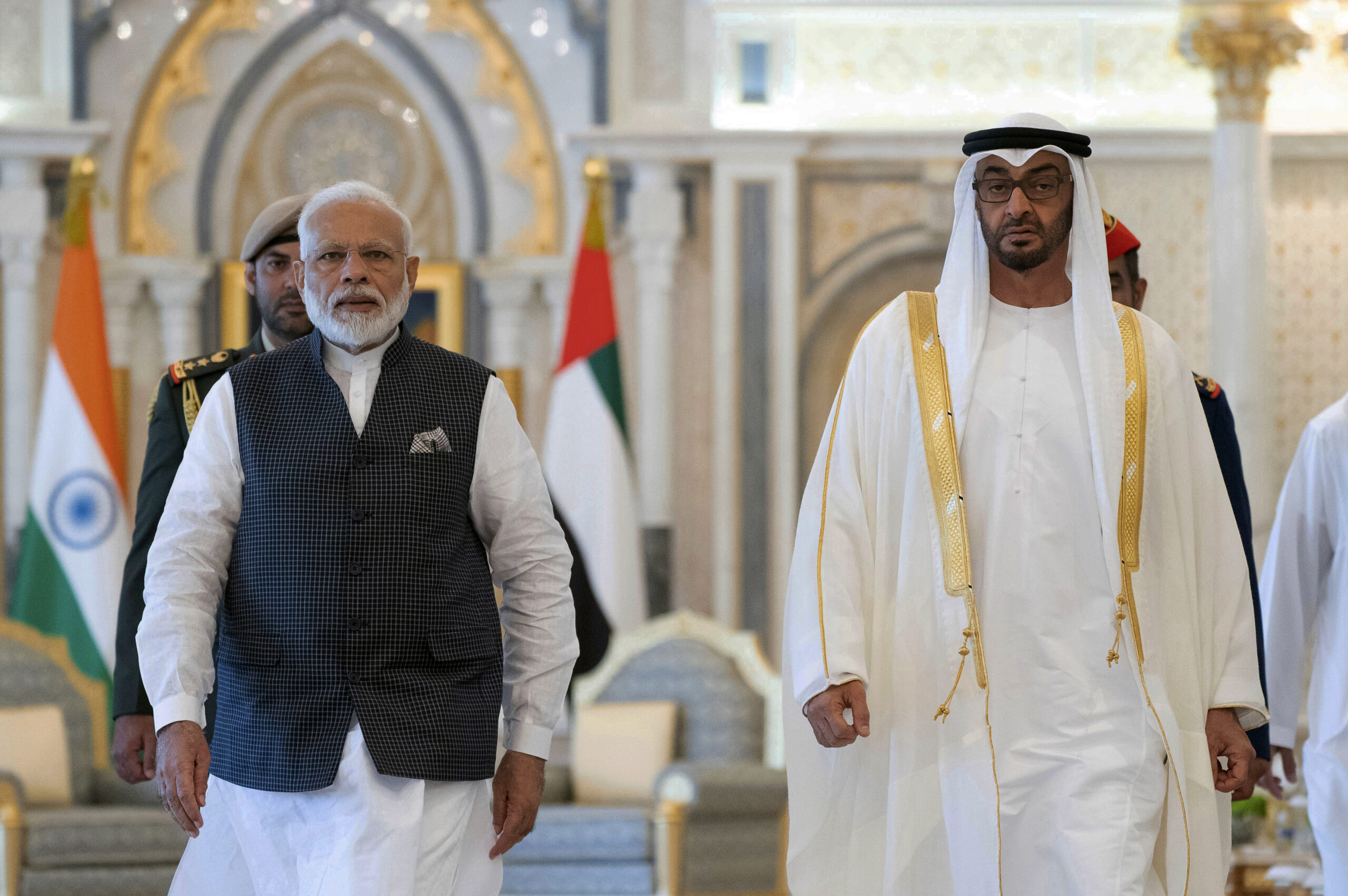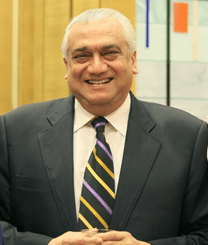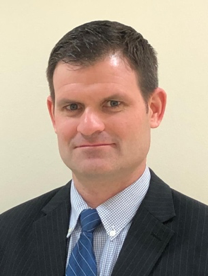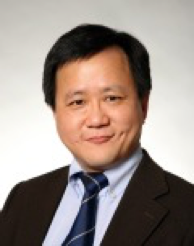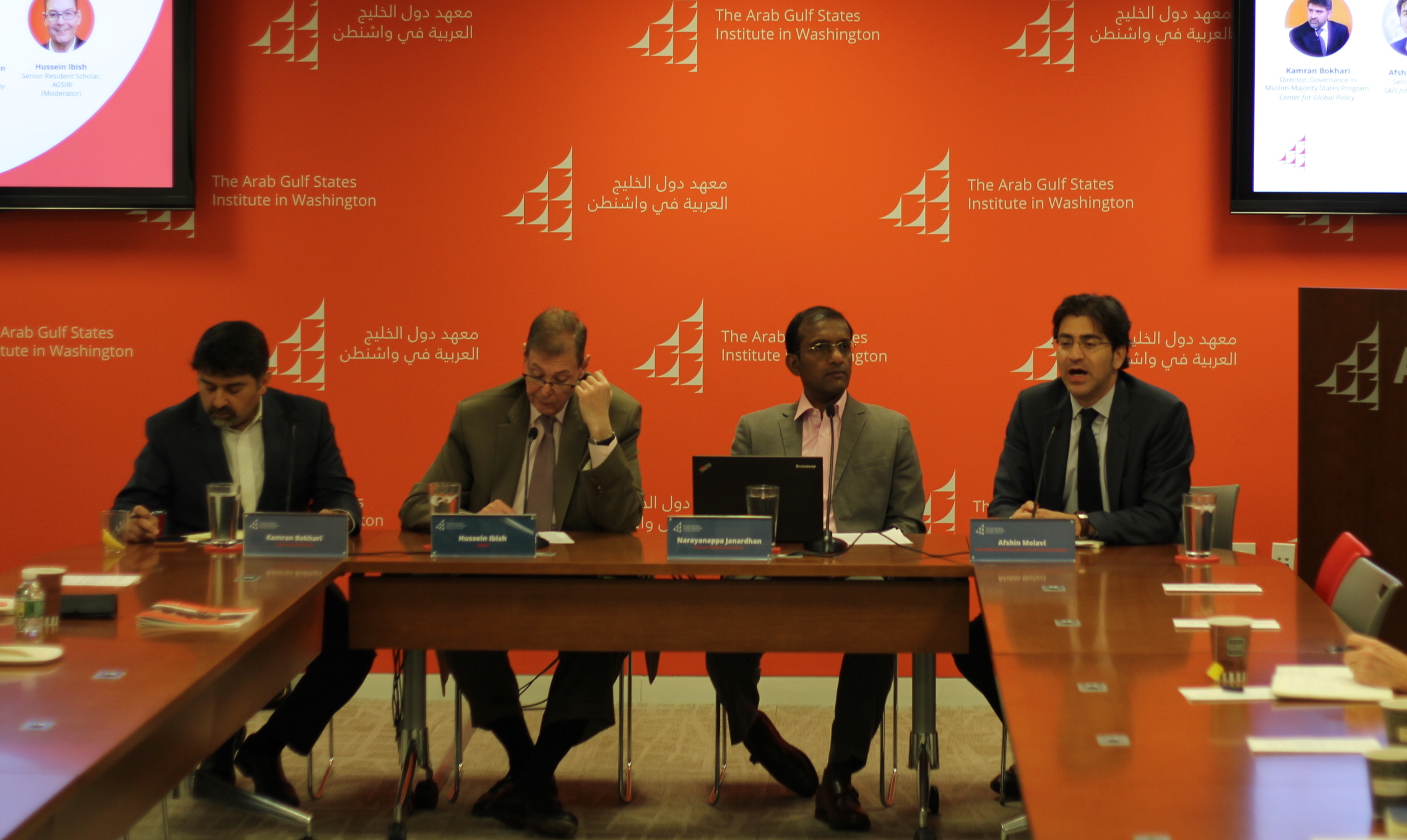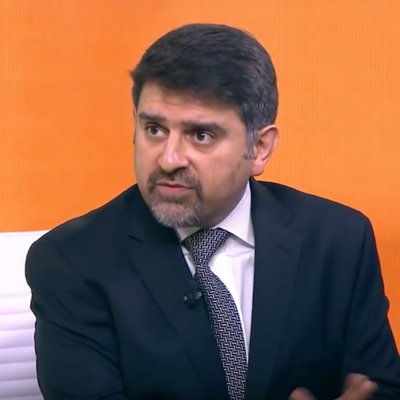South Korea-Gulf Collaboration: Special, Smart, and Strategic
South Korea has transformed from a source of manpower to the Gulf Arab states into an exporter of advanced technology and services at a time of rapid change in the Gulf region.
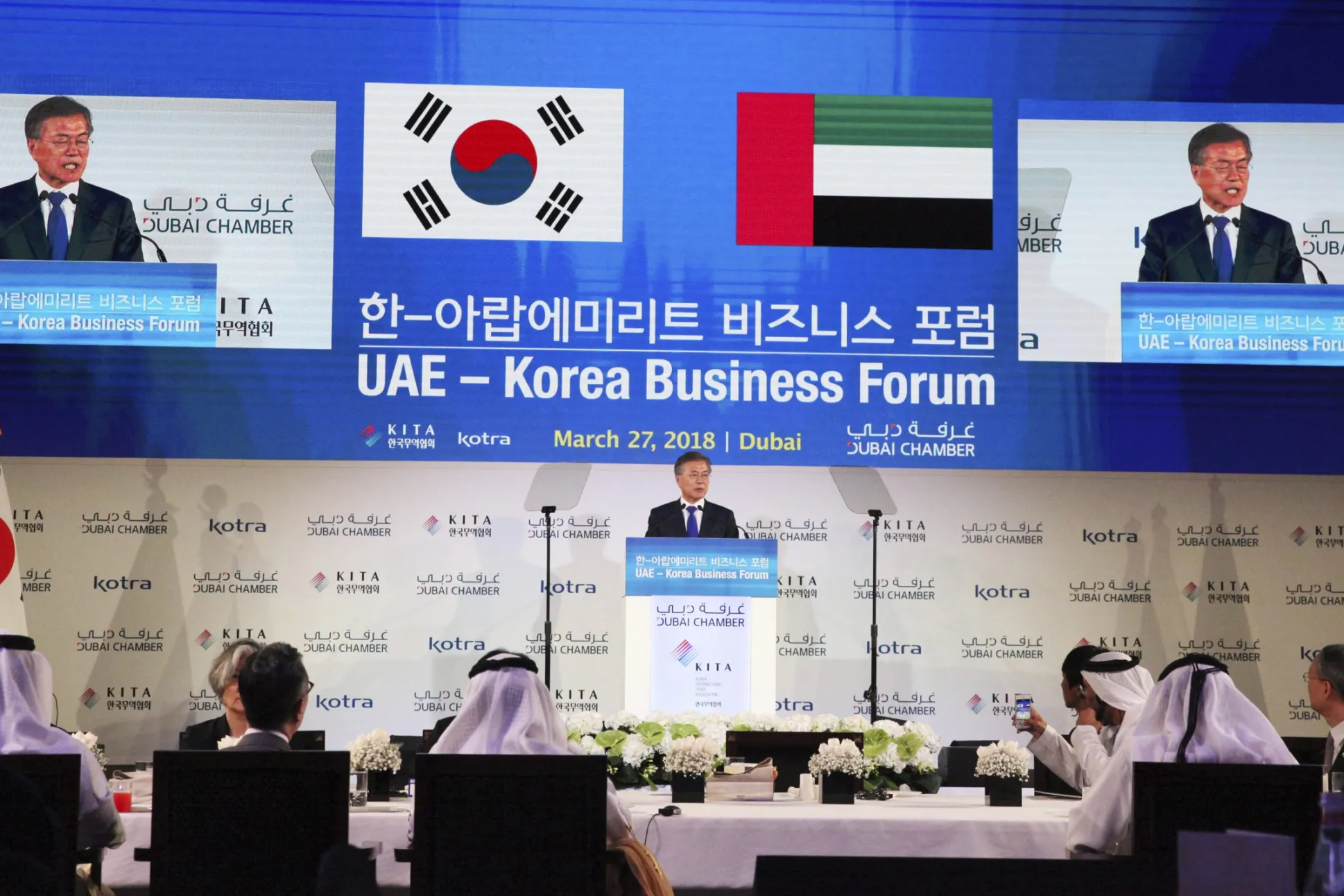
When a South Korean-led consortium won a $20 billion contract in 2009 to build four nuclear reactors in the United Arab Emirates, it did so overcoming bids by U.S. and French competitors. While the choice of an Asian company, especially South Korean, surprised many, it was a move in sync with the Gulf Arab states’ growing ties with Asia.
Amid the din of the other rising Asian giants’ partnerships in the Gulf, South Korea’s success and relevance has received relatively less attention. From being a manpower exporter to the region in the 1970s and 1980s, it has transformed into an exporter of advanced technology and services at a time of rapid change in the Gulf Arab states.
The interplay between the “miracle of desert” and the “miracle of Han River” has tapped interesting opportunities and nurtured special, smart, and strategic partnerships. While energy ties have been important, engineering and construction sectors also thrived – with Samsung as the main contractor for building the tallest tower in the world, Burj Khalifa in Dubai – before diversifying into the renewable energy, technology, and even security arenas.
To feed its economy, South Korea is among the world’s top 10 importers of crude oil and top five importers of liquefied natural gas. The Gulf countries, including Iran and Iraq, supplied almost 70% of South Korea’s oil and nearly 40% of its LNG in 2019. The trade volume between the Gulf Arab states and South Korea was $67.2 billion in 2019, with Saudi Arabia being the biggest trading partner from the region.
As part of economic diversification efforts in both countries, the 2009 South Korea-UAE Strategic Partnership, for example, expanded bilateral cooperation beyond the conventional areas of energy and construction. It included health care, medical services, cultural exchanges, space exploration, and defense collaboration.
In the health-care sector, nearly half the Middle Eastern patients treated in South Korea in 2019 were Emiratis. Further, the Sheikh Khalifa Specialty Hospital in Ras Al Khaimah, managed in cooperation with Seoul National University Hospital since 2014, has over 200 South Korean staff providing medical services to citizens and residents of the United Arab Emirates.
As part of space diplomacy, South Korea contributed to developing the UAE’s first satellites, DubaiSat-1 and DubaiSat-2 in 2009 and 2013 respectively, and lent support in building the UAE’s first homemade KhalifaSat that was launched in 2018.
Marking the completion of the construction of the first of four Barakah nuclear reactors in 2018, the UAE and South Korea elevated their strategic relationship to a “special strategic partnership.” This broadened the scope of engagement to include “dialogue between diplomatic and defense vice-ministerial-level officials.”
South Korea has also expanded relations with Saudi Arabia well beyond oil. Saudi Arabia’s Public Investment Fund bought 38% of shares in Posco Engineering & Construction for $1.1 billion in 2015. The two countries established the Korea-Saudi Vision 2030 Committee targeting five sectors: energy and manufacturing; smart infrastructure and digitization; capacity building; health care and life sciences; and small and medium enterprises and investment. Dozens of projects have already been agreed upon including in the shipbuilding, automobile, petrochemical, renewable energy, and medical equipment sectors.
Since 2015, Seoul’s collaboration with Kuwait has spanned technology-intensive industries, such as smart grids and research and development in energy-efficient buildings. And, in 2020, Qatar signed a massive $19 billion order with three South Korean companies for 100 LNG ships through 2027.
In the diplomatic arena, South Korea’s experience in pressuring North Korea to give up its nuclear weapons program, while limited in impact, offers a lesson to the Gulf Arab states on how to delicately balance interests with Iran. Its inter-Korean summits, role in facilitating U.S.-North Korea rapprochement, and use of the 2018 Winter Olympics to promote peace are very useful diplomatic lessons for the region. In fact, ahead of the 2018 Korean summits, some wondered if the “Sunshine” and “Moonshine” policies could be replicated in the Gulf.
Seoul has also maneuvered through sanctions on Iran and managed to maintain positive relations with the United States, the Gulf Arab countries, and Iran throughout the tense last decade. In February, Seoul agreed to release about $1 billion of nearly $7 billion in Iranian funds frozen in its banks to facilitate the release of an oil tanker seized by Tehran.
Equally important is South Korea’s success in using the soft power of K-pop and delicacies like kimchi and bibimbap, which are very popular among Gulf youth. Korean language and cultural centers are also enhancing people-to-people relations.
In recent years, along with economic ties, there has been an emphasis on foreign policy and security diversification strategies in the region, in which South Korea is playing a role. As part of its middle power diplomacy, South Korea deployed its naval forces abroad for the first time in 2009 to join the Combined Task Force 151 and be part of a multinational anti-piracy operation in the Gulf of Aden and Horn of Africa. While this was a collective effort, South Korea also aimed to protect its own fishing, commercial, and energy vessels, which tied into the region’s security concerns. Its Cheonghae Unit, stationed off the coast of Oman, was pressed into service in 2019 amid attacks on naval vessels and U.S.-Iranian tensions in the Gulf waters.
In early 2020, the South Korean Defense Ministry expanded the deployment area of its anti-piracy military unit operating off the coast of Somalia to the Gulf waters. But in order to balance its ties with Iran, it stated that this would not be part of the U.S. naval mission, even if it would be engaged in information sharing.
Further, the army’s special forces Akh (brother in Arabic) Unit in the UAE has been deployed on an annual rotation since January 2011 to conduct joint exercises. And days after the September 14, 2019 attacks on Saudi Arabia’s Abqaiq and Khurais oil facilities, Riyadh requested Seoul’s help to bolster the kingdom’s air defense system.
As Saudi Arabia and the UAE face increased congressional scrutiny over U.S. defense equipment sales, there has been an effort to expand their arms suppliers. South Korea is part of the mix, especially in the medium and small arms sectors. Its global arms sales have increased by 143% since 2015, with Turkey and Saudi Arabia the biggest buyers from the Middle East.
The Saudi Arabian Military Industries and South Korea’s Hanwha Defense conglomerate signed a joint venture agreement in 2019 to manufacture and sell a range of weapons. The deal includes a clause to evaluate expanding its product lines to include “rockets, artillery, combat vehicles, naval systems, command and control systems, as well as intelligence, surveillance and reconnaissance-focused products.”
Overall, South Korea and the Gulf Arab countries have achieved significant growth in the scope and depth of energy, trade, diplomatic, and security relations. Moving forward, South Korea’s experience of expanding an economy by successfully developing its human resources could be valuable for the region’s efforts to build a knowledge-based economy, which holds the key to a stable and prosperous future. Added to this, the new emphasis on the dynamics of the fourth industrial revolution, hydrogen power generation, and e-commerce make South Korea’s multidimensional collaboration with its Gulf partners special, smart, and strategic.
The views represented herein are the author's or speaker's own and do not necessarily reflect the views of AGSI, its staff, or its board of directors.
